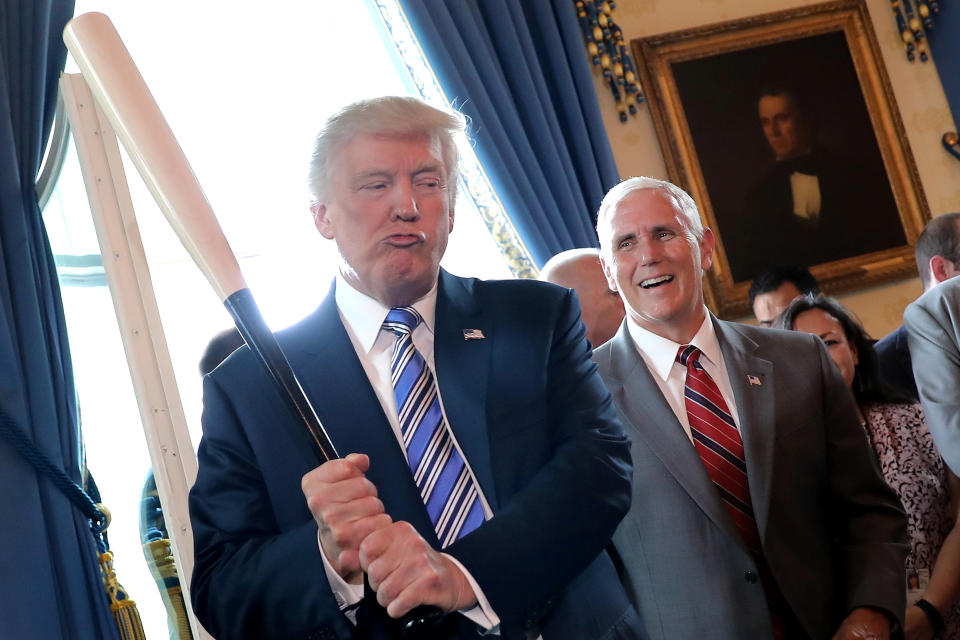US election: Donald Trump unlikely to concede if he loses to Joe Biden, betting markets say

There is a 45% chance incumbent Donald Trump won’t concede if he loses the US election race, according to Smarkets Politics, an exchange that says it provides a real-time snapshot of public sentiment.
Nearly 100 million Americans are believed to have voted early in the presidential election, on course to be the highest turnout in a century. They are voting in one of the country’s most divisive presidential elections in decades between incumbent Trump and his Democratic challenger Joe Biden.
Should a dispute unfold, it would happen in four stages, as laid out by BlackRock in a recent note. After election day, states have until 8 December to count ballots, conduct recounts and settle any disputes in accordance with the “safe harbor” provision of the Electoral Count Act; state laws govern the recount rules.
Then, each state’s electors meet in their respective capitals on 14 December to cast their ballots. The newly elected Congress must validate the results in a joint session on 6 January. The presidential candidate must secure at least 270 of the 538 electoral votes to win. If no candidate wins 270 electoral votes, the newly elected House of Representatives elects the president by simple majority. The Senate chooses the vice-president.
Watch: Spokesperson for the Women’s Equality Party says Trump re-election will be ‘bad news for all of us’
Finally, if a president or vice president is not chosen by 20 January, the Presidential Succession Act states that the Speaker of the House would act as president until there is a president or vice-president.
Joe Biden remains the favourite in a $17.7m (£13.7m) election-winner market at 63%, with Trump’s chances of winning at 37% on Tuesday morning, according to Smarkets data. Its live Electoral College forecast also predicts a 313-225 Democrat victory.
The poll aggregation and statistical analysis website FiveThirtyEight also reported an 8.5% point lead in the polls for Biden and an 89% probability that he wins the election.
“With just under 100 million early votes cast at time of writing, this race could be over before it even begins,” said Sarbjit Bakhsi, Smarkets’ head of political markets.
He added that “although other predictive models suggest this race is much more in Biden's favour, bettors are considering potential factors such as polling errors, voter suppression, and issues related to the count – meaning Trump may not be out of this race just yet.”
READ MORE: Global markets rally ahead of US election
Such controversy could lead to a winner not being declared for a few days, Smarkets said.
While polls have given Biden a firm lead, the race could be closer in individual states.
In the US election, voters decide state-level contests rather than an overall single national one.
Smarkets’ state-by-state data shows that four are currently marked as a toss-up: Arizona (D 52-48 R), Florida (R 56-44 D), Georgia (R 58-42 D) and North Carolina (R 51-49 D).
In order for a candidate to win the presidency, they must secure at least 270 votes in the electoral college. Each US state has a certain number of votes based on its population, with a total of 538. The electoral college was a deciding factor in Hillary Clinton 2016 presidential loss.
The control of the Senate is also at stake in this election.
Credit Suisse says it calculates “there would need to be an ‘on the day’ swing 7x larger than that which occurred in favour of Donald Trump in 2016 for the President to get the same share of the popular vote as he did in 2016.”
WATCH: Why are some states key in US elections?

 Yahoo Finance
Yahoo Finance 